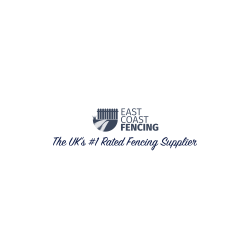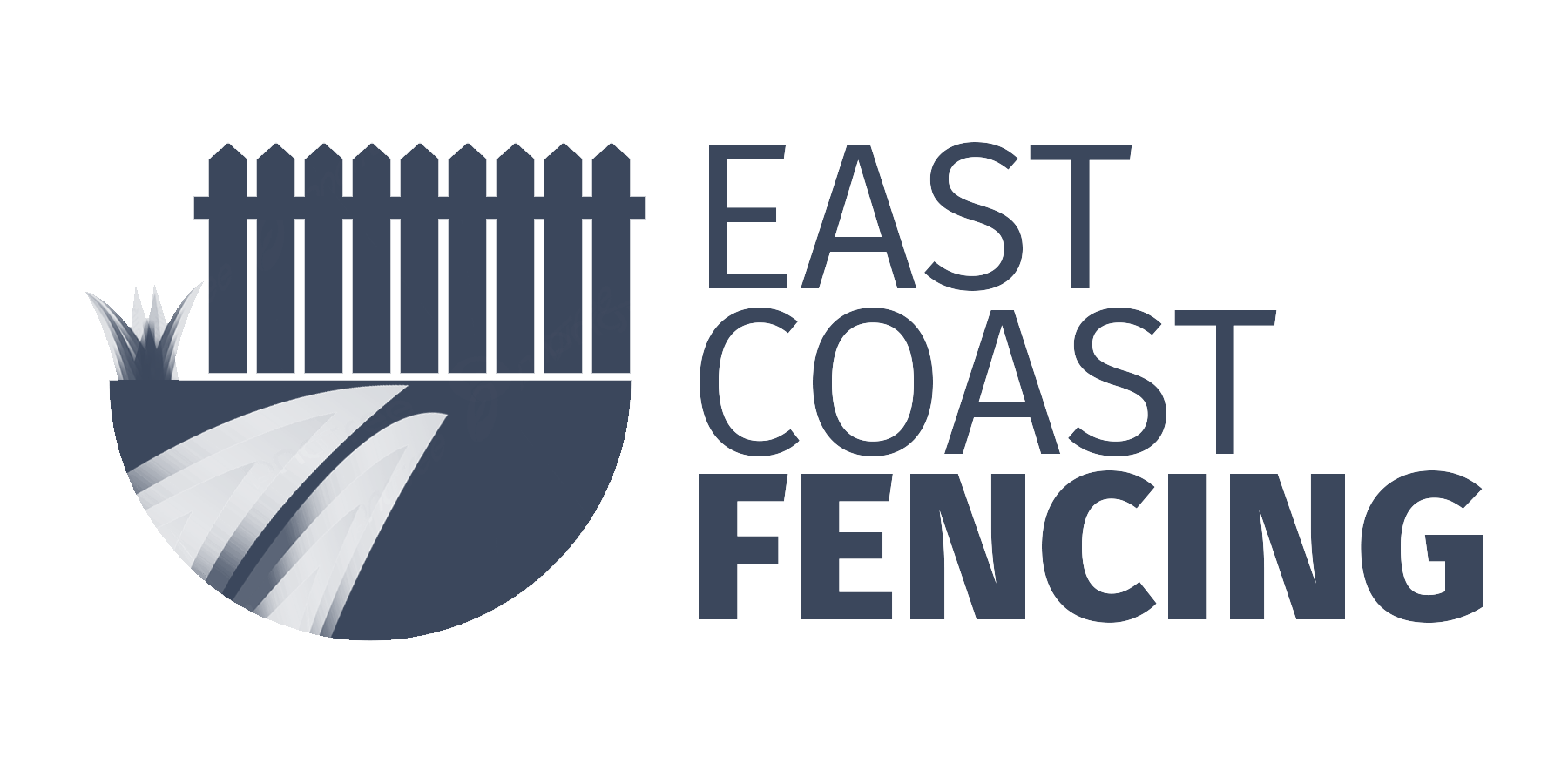Why Choose Permeable Block Paving: The Secret to Sustainable Driveways and Patios

In recent years, the spotlight on sustainable living has grown brighter, illuminating innovative approaches to everyday construction challenges. One such solution, permeable block paving, has emerged as a leading choice for driveways and patios with both environmental benefits and aesthetic appeal. But what exactly makes permeable block paving an eco-friendly option, and why should homeowners consider it for their outdoor spaces? This comprehensive blog post dives into the world of sustainable driveways and patios, unveiling the secrets behind permeable block paving.
What Is Permeable Block Paving?
Permeable block paving is a specialised paving system designed to allow rainwater to pass through the surface and seep naturally into the ground below or be collected for reuse. Unlike traditional impermeable surfaces that direct stormwater to drains and sewers, permeable paving consists of porous blocks and a unique sub-base that facilitates the filtration and drainage of rainwater.
The Environmental Benefits
1. Reduces Surface Water Runoff
One of the primary environmental challenges with conventional non-permeable surfaces is the rapid run-off of rainwater. This not only places strain on sewer systems but can also lead to flooding and pollution of local waterways. Permeable block paving mitigates this issue by allowing water to infiltrate the ground, replenishing groundwater supplies and reducing the risk of flooding.
2. Natural Filtration of Pollutants
As rainwater percolates through the layers of a permeable paving system, a natural filtration process occurs. This filtration can trap and break down pollutants, preventing them from reaching the water table. The result is cleaner groundwater and less environmental pollution.
3. Temperature Regulation
Urban areas are particularly vulnerable to the 'heat island' effect, where traditional building materials absorb and re-radiate heat, significantly raising local temperatures. Permeable paving can help alleviate this effect by promoting the natural cooling process of evaporation, contributing to more comfortable outdoor spaces and reducing the need for air conditioning.
The Practical Advantages
1. Reduced Flooding Risk
By effectively absorbing rainwater, permeable block paving substantially reduces the risk of puddles and flooding on your property, making driveways and patios safer and more comfortable to use year-round.
2. Low Maintenance
Permeable paving systems are designed to minimise maintenance needs. The spaces between blocks prevent weeds from taking hold, and the system's self-draining nature means there's less water damage to the paving itself over time. Additionally, should a block need replacing, it can typically be done so individually, without disrupting the whole pavement.
3. Longevity and Durability
Thanks to the robust construction and materials used in permeable block paving, these surfaces are built to last. They are capable of withstanding heavy loads, making them ideal for driveways, and their resilience to weathering ensures their aesthetic appeal remains intact for years.
Choosing the Right Permeable Block Paving
When deciding on permeable block paving for your property, consider the following factors:
- Material and Style: Permeable pavers come in various materials, including concrete and natural stone, each with its unique appearance and benefits.
- Load-Bearing Capacity: Ensure the paving you choose is suitable for its intended use, especially if you plan to use it for a driveway.
- Local Climate: Take into account your local weather conditions – some materials may be better suited to your environment than others.
In conclusion, permeable block paving offers a sustainable, practical solution for driveways and patios, combining environmental benefits with aesthetic versatility. By choosing permeable paving, homeowners can contribute to a healthier planet while enjoying beautiful, functional outdoor spaces. Whether you're updating your driveway, designing a new patio, or undertaking any landscaping project, permeable block paving stands out as an ecologically responsible and visually appealing choice.













Leave a Comment